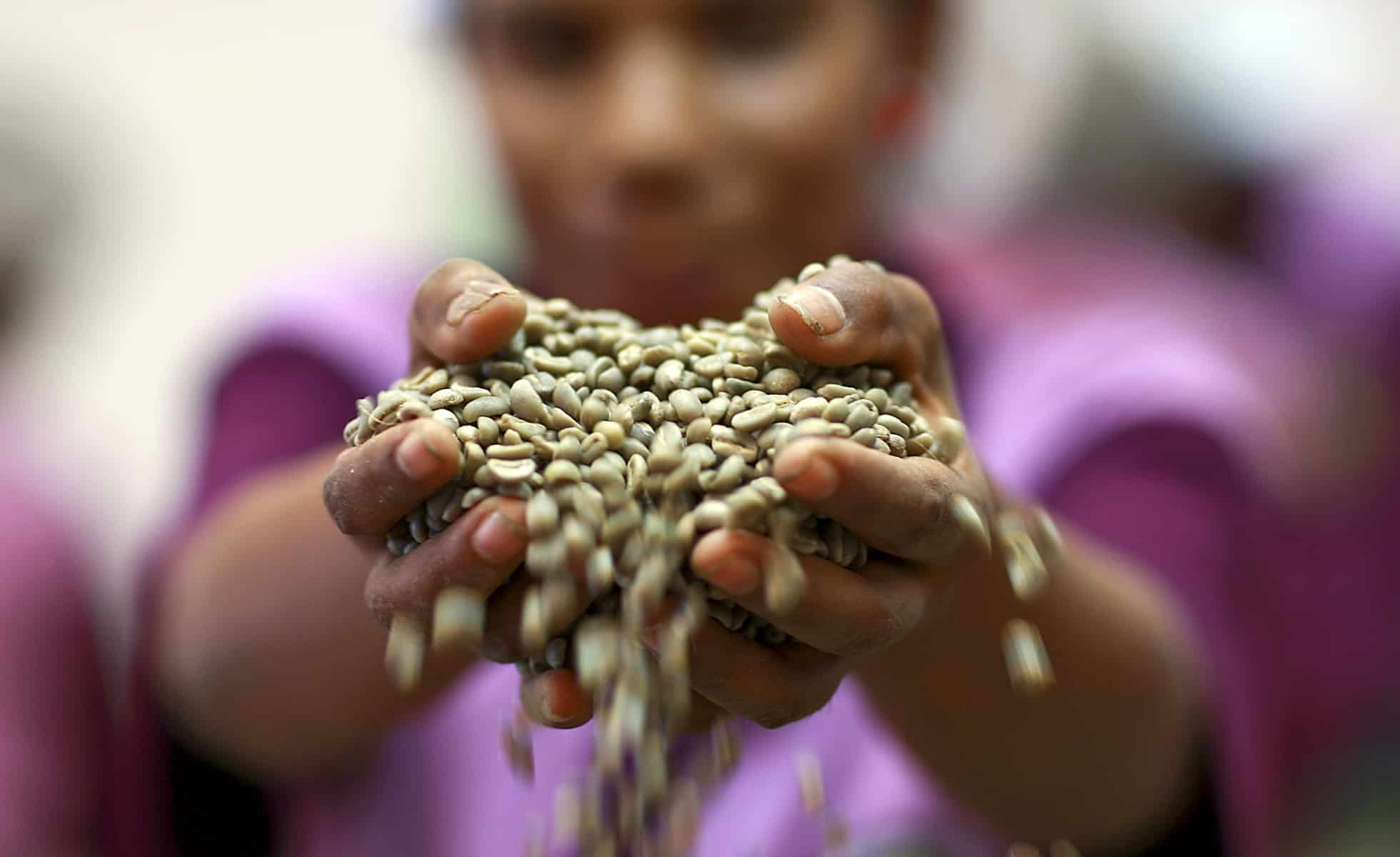Image: Coffee handler from Timor Cooperative holds up coffee beans. United Nations Flickr.
WHAT IT’S ABOUT
The role of social protection in building state legitimacy in post-conflict contexts.
WHAT WE EXPECT TO LEARN
In what ways governments aim to use social protection to strengthen state-citizen relations, and how these attempts to build legitimacy are perceived by citizens.
PROJECT DESCRIPTION
This research will look at how government narratives and citizen perceptions of social assistance allocation in Timor-Leste interact, and what the implications are for state legitimacy in fragile and post-conflict settings.
The study will examine the three main social assistance schemes that have been in place since 2008: cash payments to veterans; Support Allowance for the Elderly and People with Disabilities; and Bolsa da Mae (mother’s purse) for children in vulnerable households.
The research will have two phases: 1) tracing the political drivers of Timor-Leste’s social assistance schemes and government communication of the targeting through official statements, media reports and other public communication 2) fieldwork to explore citizen perceptions of social assistance allocation through a combination of field experiments and focus group discussions.
WHO’S INVOLVED, WHERE
- Kate Pruce (PI), Developmental Leadership Program, University of Birmingham
- Claire Mcloughlin, Developmental Leadership Program, University of Birmingham
- Maria do Céu J.O. Gusmão, Timor-Leste
- David Hudson, Developmental Leadership Program, University of Birmingham
RESEARCH COUNTRIES
Timor-Leste
OF INTEREST TO
Post-conflict states; state legitimacy; social protection; social justice.










